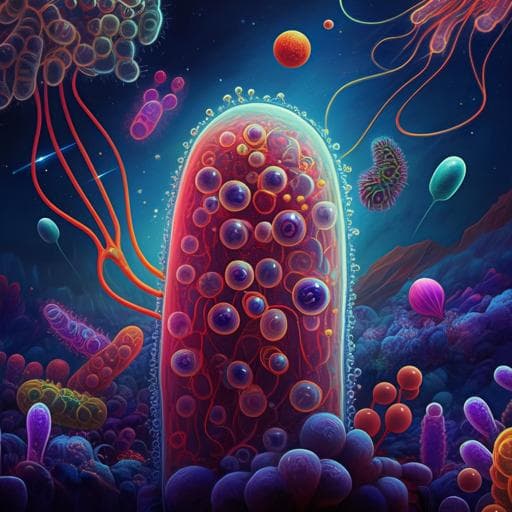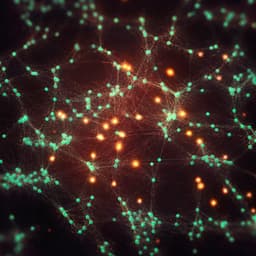
Space Sciences
The Search for Alien Life in Our Solar System: Strategies and Priorities
R. Shapiro and D. Schulze-makuch
Expanding our understanding of life beyond Earth, researchers Robert Shapiro and Dirk Schulze-Makuch propose vital principles to direct future explorations of our Solar System, emphasizing the significance of finding independent carbon-based life and advocating for focused investigations on Titan, Mars, and Europa.
Related Publications
Explore these studies to deepen your understanding of the subject.







